VisionIAS
11:48

1) M. Venkiah Naidu launches social media super app ‘Elyments’
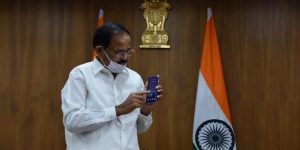
2) Delhi govt to starts “Paudhe lagao, Paryavaran Bachao” campaign
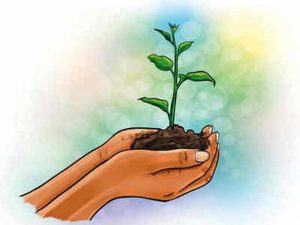
3) Odisha Govt launches ‘Balaram Yojana’ to provide crop loan
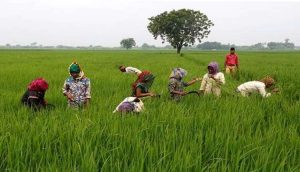
4) Delhi Government launches e-learning portal “LEAD”

•The Learning through E-Resources Made Accessible for Delhi (LEAD) portal will offer students access to textbooks, study material and course content as per the syllabus of the CBSE, NCERT and Delhi government’s curriculum online. It will also provide students with digital QR coded textbooks, explanatory videos, practice questions including evaluation.
5) UP Government launches “Mission Vriksharopan-2020” drive
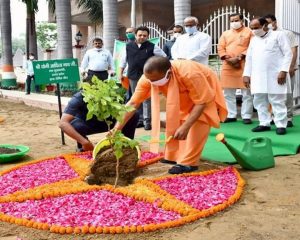
•Under the Mission Vriksharopan campaign, medicinal, fruit yielding, environmental, shady, fodder, and other important plants of more than 201 species are being planted including Ficus Religiosa, Pipal, Ficus Virens, Pakad, Mulvari, Neem, Jamun, Arjun, Sahjan and Banyan.
6) MP Tourism board launches “Intzaar Aap Ka” campaign
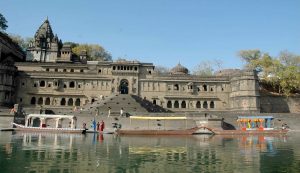
•The Madhya Pradesh Tourism board has also created various tour packages according to the time and convenience of the tourists along with all the safety standards in the prevention of Corona infection.
7) AIR broadcasts programme titled “Sanskrit Saptahiki”
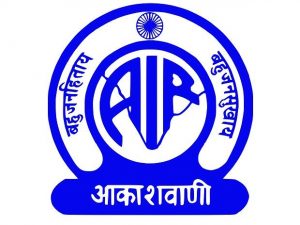
•Sanskrit Saptahiki is a weekly programme comprising various components such as Sukti, Prasang, Saptahiki, Sanskrit Darshan, Gyan Vigyan, Bal Vallari, Ek Bharat-Shreshtha Bharat and Anvikshiki. The programme will also give voices to the children and the youth about the great Indian tradition and culture. The programme will also explain about the humane values embodied in the Sanskrit literature, philosophy, history, art, culture and tradition.
8) Jean Castex appointed as Prime Minister of France

•This is a part of the President Emmanuel Macron plans to strengthen his green credentials and refashion his centrist government ahead of a possible re-election bid. He is planning to boost the two remaining years of his term by focusing on efforts to relaunch the French economy post the COVID-19 crisis.
9) CBSE tie-up with Facebook to introduce curriculum on digital safety
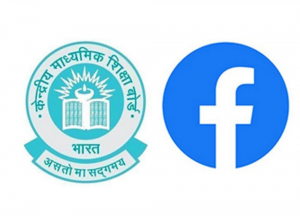
•In the second phase, CBSE will introduce the training program on digital safety and augmented reality for 30 thousand students in each category. Schools have to online nominate their teachers and students for the training programs.
10) Coal India tie-up with NLC to develop solar and thermal power assets

•Its projected capital expenditure up to the year 2025 is ₹1.28 lakh crore with a debt-equity ratio of 70:30. Coal India is the single largest coal producer worldwide and operates through 83 mining areas spread over eight states in India. It produces 607 million tonnes of coal annually. NLC India Limited is a ‘Navratna’ government of India company in the fossil fuel mining sector in India and thermal power generation.
11) Former RBI governor U. Patel pens book ‘Overdraft: Saving the Indian Saver’
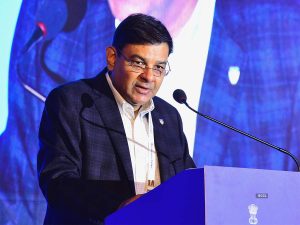
•Patel worked with a ‘9R’ strategy which would protect depositors’ savings, rescue the banks and protect them from “unscrupulous racketeers”. Books or memoirs written by two of his immediate predecessors, Raghuram Rajan and D Subbarao had shed light on various subjects like the RBI’s autonomy, interest rates or its stance on demonetisation.
12) Quinton de Kock adjudged South Africa Men’s Cricketer of the Year








